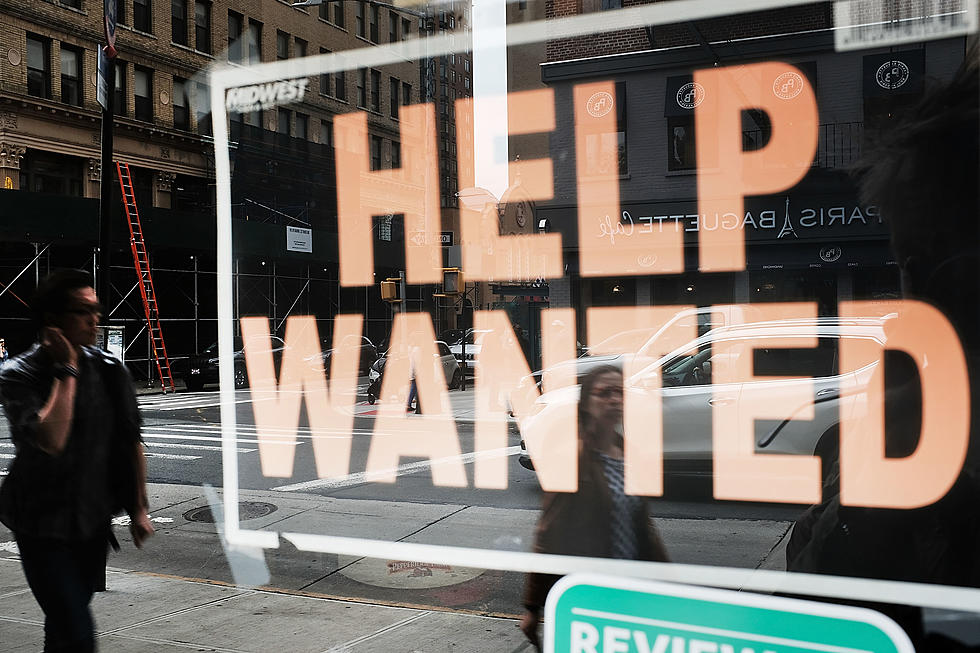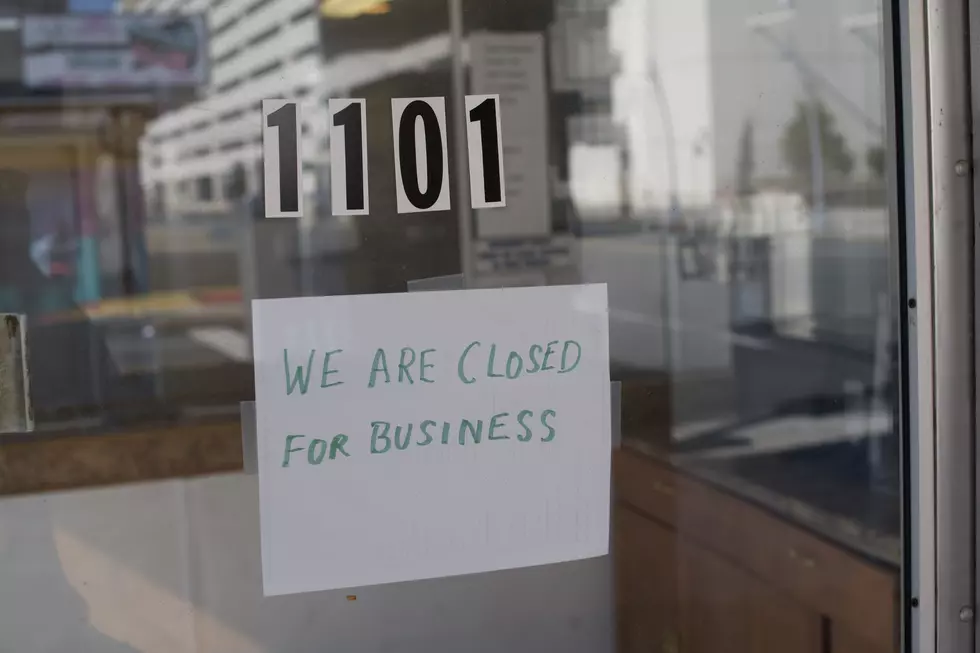![Customers Pull Back on Back-to-School Spending [POLL/AUDIO]](http://townsquare.media/site/564/files/2012/08/Back-To-School.jpg?w=980&q=75)
Customers Pull Back on Back-to-School Spending [POLL/AUDIO]
As students across New Jersey and the rest of the nation plan to head back to school over the next month, spending on items to mark the occasion is expected to be substantially lower.
Sales for back-to-school are expected to total $72.5 billion this year, down from $83.8 billion in 2012 according to the National Retail Federation.
"Last year, spending was up 14 percent, this year we're projecting it's going to be down by 7.8 percent," said Bill Thorne, Senior Vice President of Communications and Public Affairs for the National Retail Federation.
"The trend since the depths of the recession show that it's a cycle of replenish and then reuse and I believe we're in a reuse year," said Thorne. "I think a lot of the shoppers who got very savvy during the recession are just being very smart in the way that they are approaching their spending."
"Last year, they had to replenish. This year, I think they're opting to reuse to whatever extent possible. It's a trend we've been seeing for the past five years or so and I believe it's a trend that will continue as long as the concerns remain about the course of the economy."
Families with children in kindergarten through 12th grade will spend an average $634.78 compared to $688.62 in 2012, while families of college students will spend $836.83, down from $907.22 last year. Eight in 10 families surveyed said economic conditions would affect their spending.
How will retailers respond?
"Retailers are having to get out early and offer the deals and savings that consumers are demanding," said Thorne. "There's a lot of comparative shopping going on and I think retailers are responding by facilitating that to whatever extent possible. I think you'll be finding a lot of early deals. But, retailers have seen these trends. Inventories are down just a bit to accommodate for it, so it's not putting them in a bad position. They know it's going to get better as the economy gets better."
For the consumer, it's basically about needs versus the wants.
"The things that school children need, parents are going to buy. Parents are not going to be as responsive to the things that their children want," said Thorne. "The key is for consumers to be able to regain the confidence that they need to dig into their savings and start spending again."
More From WPG Talk Radio 95.5 FM










